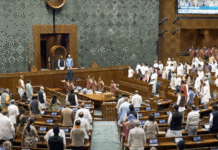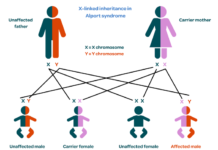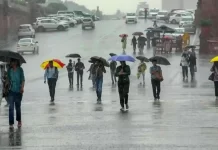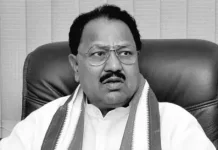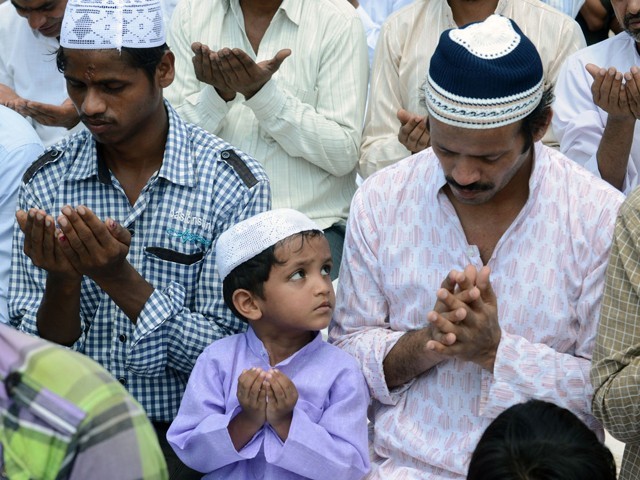Siyasat.net. Ahmedabad
While the world was busy in fighting the Covid pandemic, some negative and fissiparous tendencies reared their head again globally. During this time they were able to reconsolidate, strengthen and further their negative and boorish agenda.
In the emerging scenarios after the pandemic, it doesn’t look as if the world will go back to its old ways including that of globalisation or a global village. As during the Covid-era, the concept of nation state or nationalism is staging a comeback. Responses of various governments could be interpreted as guided most by the principles of territory, national priorities and cohabitating communities.
One trend, which was observed immediately after the panic started globally, was the closure of national borders and countries air-lifting their citizens form every corner of the globe. In a sense this seemed logical and what was required. But in this background various initiatives taken by different countries started reeking of concern for their own citizens only. Instead of forging a global response to the pandemic under the umbrella of various international organisations, most countries resorted to taking individual steps. These steps recalled the memories of nation-states, which existed during the medieval period.
However, most countries have unconsciously re-ignited the concept of nationalism amongst their citizens, interpreting it in a narrow manner. They completely ignored the development and progress of a globalised world and instead focussed on narrow national identities, which in the long run may prove detrimental to the personal liberty and rights.
What is nationalism?
A narrow interpretation of nationalism, which calls for identification with one’s own nation and support for its interests, especially to the exclusion or detriment of the interests of other nations, not only embraces the negative aspects of nationalism, but also tries to define the political duties of its citizens in a negative manner, which first of all should not call into question any decision of the state.
However, right from the beginning the response of various countries to the pandemic has been couched in national footings. Most of the media reporting started from being country specific instead of being region specific. Next, most countries closed their borders to other nationals and tried to bring back their citizens from all corners of the globe, back to their country of origin.
But the real danger arises when all nation-states slide into uncontrolled passion and calls for nationalism, with no regard for international co-operation and not looking at the world as a globalised village.
In such a nationalist world, a war between two opposing nations could be termed as logical. This, destabilising point is what is more worrisome, as it could initiate forms of ultra nationalism amongst various countries, which may be the harbinger of collapse of many international organisations, cobbled together after much efforts and energy.
Nationalist bogey in India
However, in India the nationalism bogey, was raised by the right wing, which had been trying to change the national perspective on the issue for the last 70 years, through covert and overt activities and organisations. It was trying hard to implant its interpretation of nationalism in the public and societal domain and found much needed further salience during the Covid-crisis.
As everyone’s attention was focussed on the pandemic, the so-called nationalists continued to work behind the scenes and were able to further create irreparable divisions in the social and community fabric of the country, by using the state institutions, apparatus and media to their advantage. They were able to distort and manage the national discourse by blaming one particular minority for all the ills and most of the population fell for it, hook, line and sinker. Demonising one particular community appealed to the masses and also confirmed to the narrative which was being used by the right wing in the name of nationalism
But the worrisome issue here is that this self-obsessed nationalism is bound to divide the society very decisively. It rejects all rationality and objectivity and instead harps back to the ancient glorious days of a particular civilisation or a religious group.
Also, the negative repercussions on the society and the political discourse in the long run, as a whole will not be easy to be undone, as now the ultra-nationalism has got the state support to grow, impose and rule and destroy every obstacle in its path and entrench itself firmly in the Indian soil.
It has already started taking steps to change the country’s education policy, minority-focussed laws, laws related to the organisation of the Indian union besides undoing the economic progress and reforms initiated by the previous governments, through its illogical decisions.
Further, in India nationalism in its extreme sense is being described not as loyalty to your nation state, as in the European example, but as your devotion to a particular religion, its beliefs and myths. More regrettable is the fact that even the so-called educated have fallen prey to this brand of
and are going gaga over it. Though some sane voices still try hard to counter this ideological hegemony in the name of nationalism and covert religion but it seems as if the composite culture of India is bound to be shattered forever, and it will be very difficult for the common Indian and minorities to rebuild it.
(www.siyasat.net is Ahmedabad,Gujarat,India based website)
(Asad Mirza is a Sr journalist and commentator based in New Delhi.)



